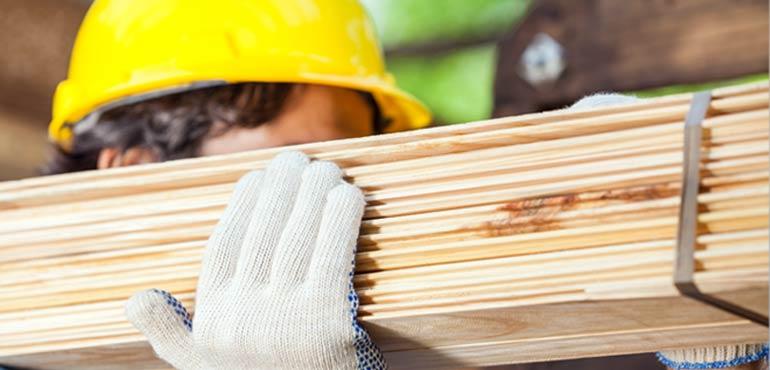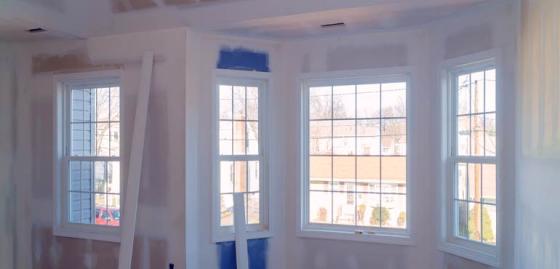
- Home
- Running your business
- Home warranty obligations
- Who pays and when
Who pays home warranty and when
Contractors must take out home warranty insurance on the owner's behalf before starting on any insurable residential construction work where the value of work is more than $3,300.
What work requires a policy
Contractors must take out home warranty insurance on the owner's behalf for all insurable residential construction work where the value of work is more than $3,300 (including cost of materials even if you did not provide them, labour and GST).
Home warranty insurance must be taken out for both building and renovating homes, as well as the installation of new residential swimming pools. It does not apply for commercial projects or residential buildings higher than 3 storeys above a car park.
Check our definition of residential construction work for more information, and find out if your project needs home warranty in our A-Z guide of insurable work.
Who pays the premium
The licensed contractor who contracts with the homeowner to carry out the work (often called the principal contractor) must:
- collect the premium from the owner
- pay it to the QBCC on behalf of the owner.
Depending on the type of residential construction work being carried out, a principal contractor could be a:
- builder (e.g. constructing a house)
- trade contractor (e.g. a carpenter installing new kitchen cabinets).
If you are a subcontractor to a principal contractor then you will not need to pay a premium. The principal contractor will lodge one premium covering all work under the contract with the homeowner.
Contracting to an owner builder
A premium is also not payable for work being performed for an owner builder who has a permit for the work.
If the owner builder does not have a permit for the work you may have to pay a premium for any work you do for them.
Before you start, check:
- the owner has an owner builder permit
- the permit covers the work in question.
Work on own property
If you are a QBCC licensee with a contractor or builder grade of licence and you are doing work on a property registered to you, cover under the Queensland Home Warranty Scheme may not be required.
To be eligible you must:
- hold an active contractor or builder grade of licence; and
- be performing work that is within the scope of the licence you hold; and
- be carrying out the work on a property registered in the same name as the licensee (e.g. if a company licensee is doing the work the property must be registered in the name of the company); and
- have no intention of selling the property for at least 6 years and 6 months.
If you meet all the above criteria, you can complete the Statutory Declaration, have it witnessed by a JP, and provide it to our Insurance Services team who will assess your application. If successful they will provide you with a letter advising that a premium is not payable, which can be given to your certifier to obtain development approval.
When the premium should be paid
You must pay the premium before the earlier of either:
- before work starts; or
- within 10 business days of signing the contract
Include the premium in the deposit
Note that any deposits can only be up to the maximum allowable by law, and should include the cost of the insurance premium as part of the deposit.
When cover starts
Insurance cover through the Queensland Home Warranty Scheme starts from the date (whichever is earlier):
- the premium is paid
- the contract is signed
- work starts.
Does your project need home warranty insurance?
Check definition of residential construction work and exclusions.

